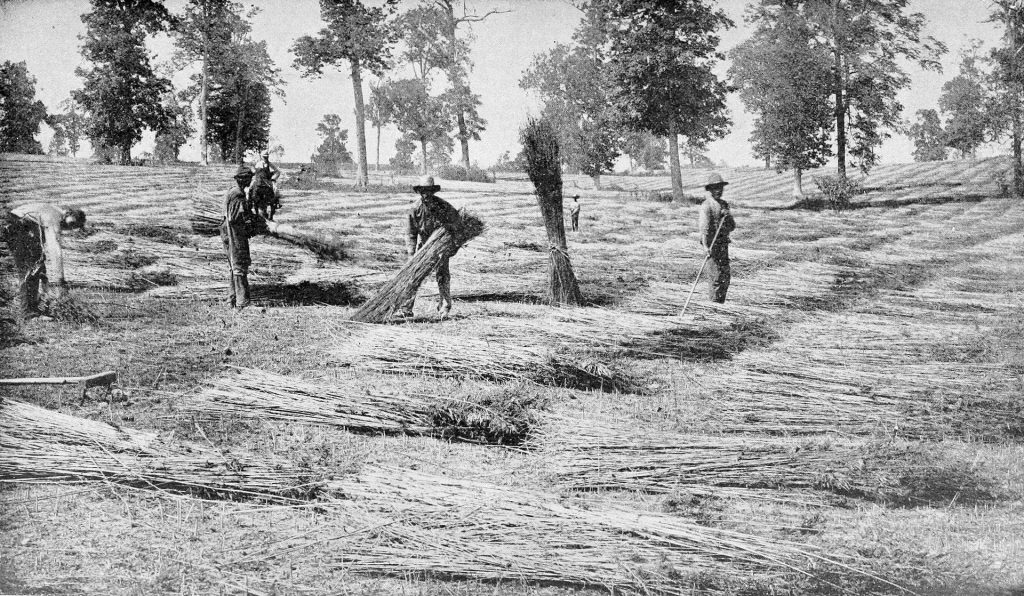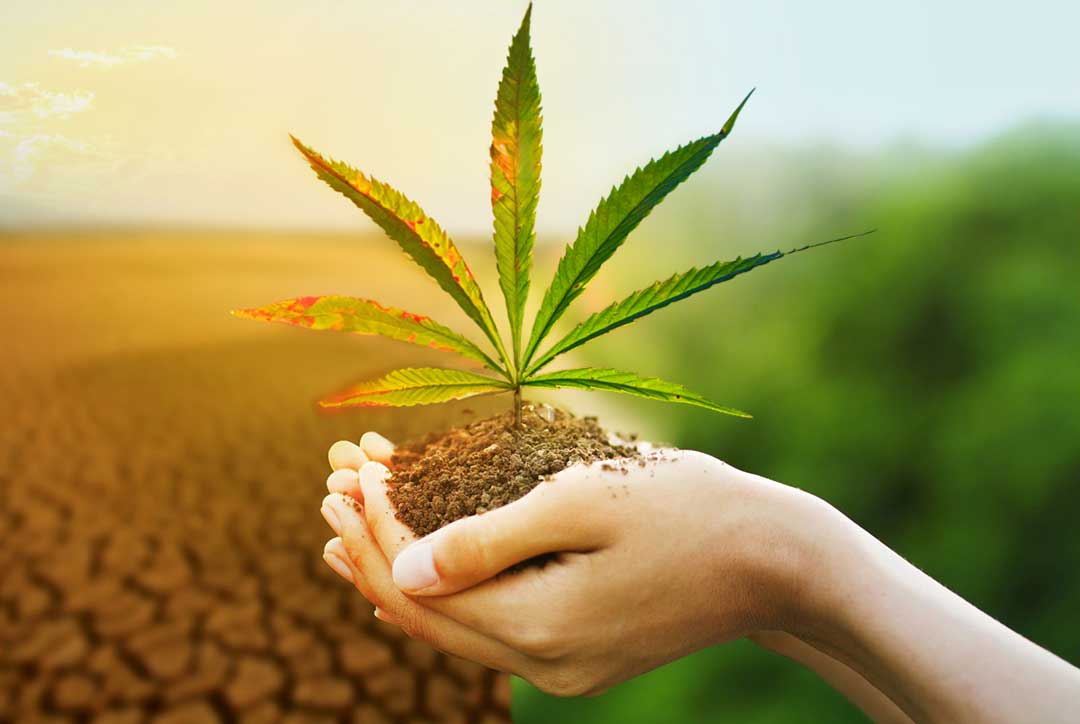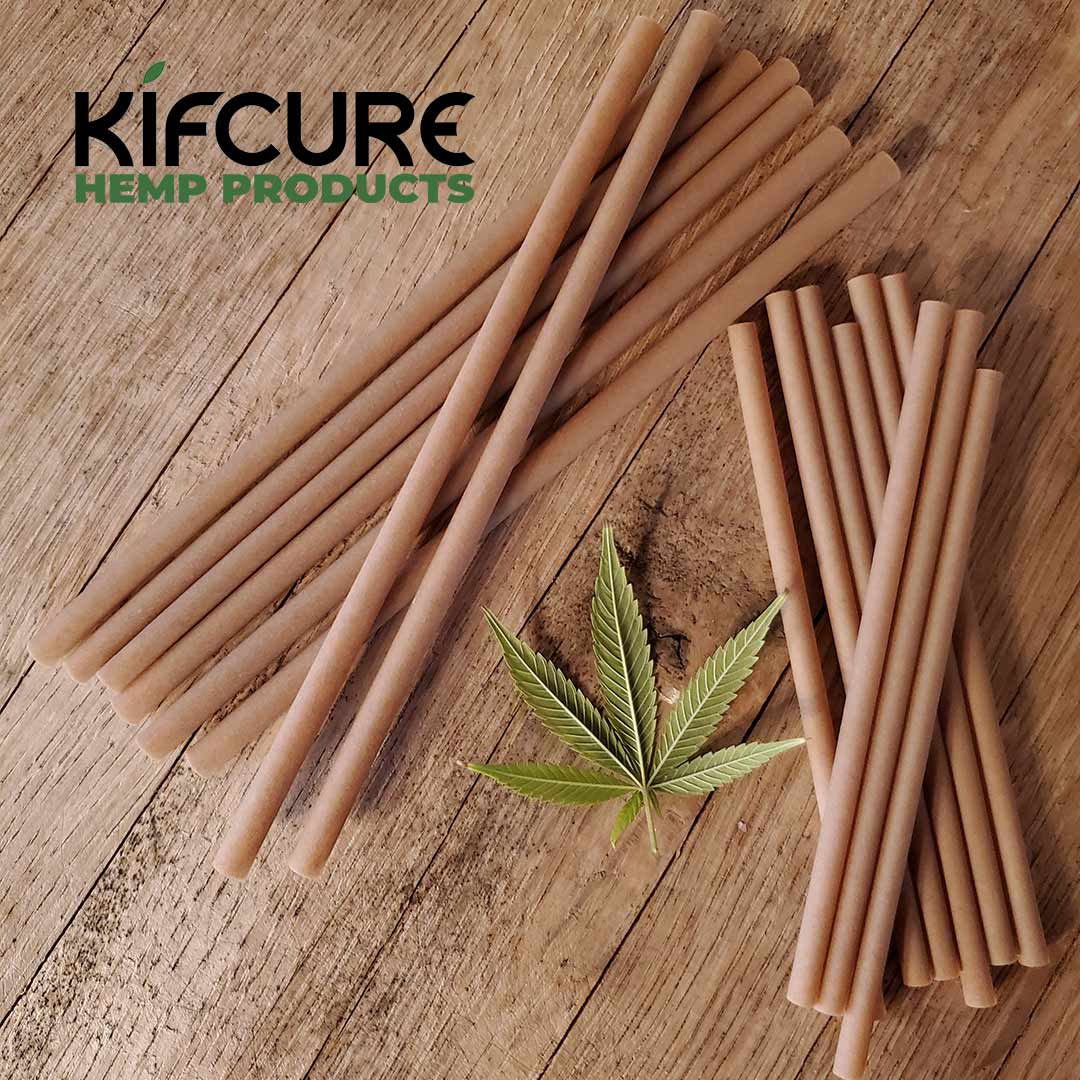Hemp, a versatile and sustainable plant, has a fascinating history that spans centuries. From its ancient origins to the modern-day revival, hemp has played a vital role in various cultures and industries. In this article, we will take a journey through time, exploring the historical significance of hemp and its evolution into a multifaceted resource. Additionally, we will highlight Kifcure, a pioneering company paving the way for industrial hemp in the Midwest, including the town of Maple Park, Illinois.
Ancient Origins: Hemp’s Historical Significance
The history of hemp can be traced back thousands of years, with its origins rooted in Asia. Ancient civilizations recognized its value and utilized hemp for a myriad of purposes. The Chinese, for instance, used hemp fibers to create textiles, paper, and fishing nets. Meanwhile, in ancient India, hemp played a prominent role in religious rituals and as a source of fiber for clothing. From Asia, the cultivation of hemp gradually spread to other regions, including Europe, Africa, and the Americas.
Hemp in Early America: A Crop of Great Importance
In early America, hemp was an integral part of the agricultural landscape. Settlers recognized its economic potential and were encouraged to cultivate hemp by the government. The “Hemp for Victory” campaign during World War II further highlighted its significance. Hemp fibers were crucial for the production of ropes, canvas, and other essential materials used by the military. However, as societal norms shifted, hemp faced challenges due to misconceptions surrounding its association with marijuana.
Modern-Day Revival: Hemp’s Resurgence and Kifcure’s Role
In recent years, there has been a renewed interest in hemp due to its sustainability and versatility. Kifcure, based in Maple Park, Illinois, is at the forefront of this industrial hemp revival in the Midwest. As the first industrial hemp aggregation center in Illinois, Kifcure offers the infrastructure necessary for this industry to thrive. Led by CEO Jarett Burke, who has a long-standing commitment to hemp dating back to his first hemp textile and clothing company called Ganga Where in 1999, Kifcure is paving the way for sustainable hemp cultivation and innovation.
Hemp and Agriculture: The Midwest Farming Connection
The Midwest, known for its rich agricultural heritage, is an ideal region for hemp farming. Hemp’s hardy nature allows it to thrive in diverse climates and soil conditions. Midwest farmers are embracing hemp as a valuable rotational crop, contributing to soil health and sustainable farming practices. Kifcure’s presence in the region provides farmers with opportunities to diversify their crops and participate in the growing hemp industry.
Hemp’s Modern Applications: Beyond Fiber and Textiles
While hemp has a long history as a fiber source for textiles, its modern applications extend far beyond clothing. The Food and Drug Administration (FDA) has approved CBD products derived from hemp, such as CBD oil, for certain medical conditions, including Lennox-Gastaut syndrome and Dravet syndrome. However, research is ongoing, and further studies are needed to fully understand the potential health benefits and effects of CBD and THC, the psychoactive compound found in cannabis.
Hemp’s Sustainable Potential: A Promising Future
Hemp’s sustainable nature is a significant driving force behind its revival. It requires fewer pesticides and herbicides compared to other crops, making it an eco-friendly choice for farmers. Hemp plants also have a unique ability to sequester carbon dioxide, contributing to mitigating climate change. Furthermore, hemp-based products offer consumers sustainable alternatives in various industries, from construction materials and bioplastics to skincare and wellness solutions.
Conclusion:
The history of hemp is a testament to its resilience


